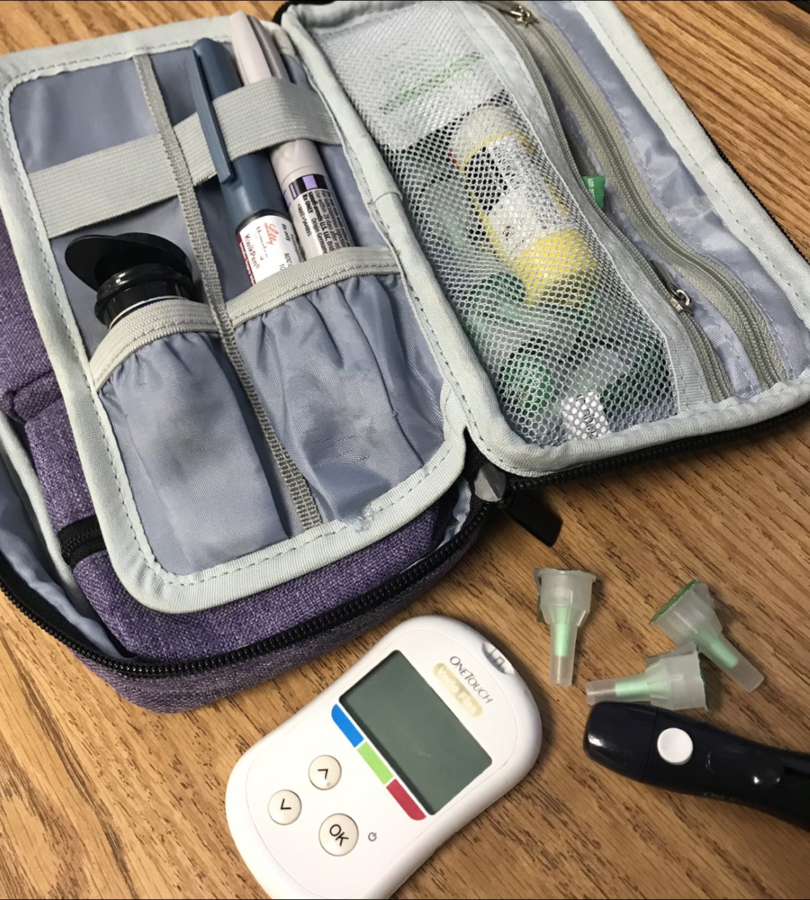Having an “Invisible” Disability at West High
How Ignorance Can be Harmful to Students?
May 23, 2023
Students already go through a lot in their day-to-day lives. But when you have a disability, school becomes significantly more difficult. Especially when that disability is not obvious.
All students interviewed in this article will be kept anonymous for privacy reasons. Students chose code names that will be used when referring to them.
“I try to keep this type of thing close to me. Sometimes, it makes people uncomfortable, and you have to avoid being the elephant in the room.” says Pineapple (he/him), a Type 1 Diabetic student at West. “But people close to me will want to know what you have and how you got it. I don’t mind. It makes me feel included.”
I have a similar experience, as a Type 1 Diabetic student myself. Classmates have questions, and you just need to hope their questions will have good intentions. Although I cannot quote a certain student and event, I have been told, “You don’t look diabetic” more times than I can count.
Another student, Messi (he/him), is a former West High student. He describes his experience. “I don’t often get a lot of comments on it, but when I do, people are often surprised. They’re like, ‘You don’t act like someone on the [Autism] spectrum’, which is because I mask* all the time.”
*Mask: suppressing certain behaviors that people with ASD find soothing but that others think are ‘weird’, such as stimming or intense interests.
All of the students interviewed were asked if they believe the staff and faculty at West met their needs. “I personally do not feel like my needs are met on campus, but instead people cater to the neurotypical majority. In the classroom, some teachers create an environment that may not be the best learning space for everyone,” Moa (they/them) explains.
“My headphones and music keep me from becoming overstimulated. Having my headphones in does not mean I’m being disrespectful; I just need it to focus and keep myself grounded. I do not see how it could be a problem to relieve myself of any intense feelings,” they say. “Multiple times I’ve been told to by my teachers to stop stimming* because I was being ‘distracting’ or ‘disrupting’. Not being able to stim can build up feelings, which can eventually lead to a meltdown. Stimming is not something I do for fun; I need it to be able to function.”
*Stimming: the repetitive performance of certain physical movements or vocalizations, as a form of behavior by persons with autism or other neurodevelopmental condition
Pineapple had a different experience. “Oftentimes, I do feel like the school meets my needs. I’d be lying if I said an incident hasn’t come up. But for the most part, I feel like I can trust the school.” he says.
We asked how students can respect other students. Messi says, “Educating kids about what autism really is would help.”
Pineapple answered: “For me, it’s about understanding. You don’t have to understand it clearly. It just feels nice to be respected.”

